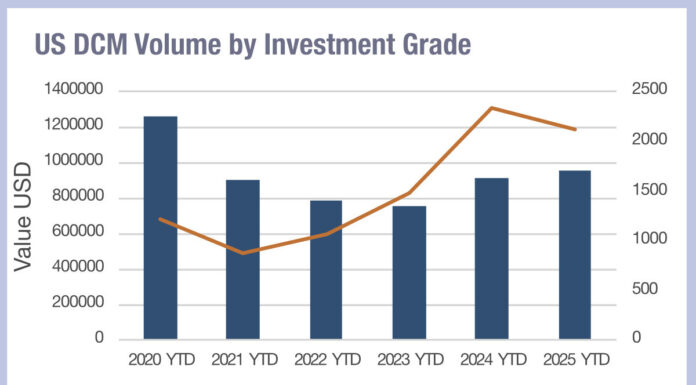A new ‘Derivatives Insight Report’ by analyst firm Acuiti has found that 21% of buy-side firms, including proprietary trading firms and asset managers, suffered a drop-off in the instruments they could trade at the height of the Covi-19 liquidity crisis.
Communication between buy- and sell-side firms was also an issue, with 23% of sell-side firms citing problems communicating with clients and 16% with colleagues, while 17% of buy-side firms had challenges speaking with counterparties.
The report, which focuses on the use and trading of derivatives found that front office functions were relatively unaffected by the market conditions, however the middle and back office processes which support trading were hit hard.

Scott O’Malia, CEO of the International Swaps and Derivatives Association (ISDA), commented publicly on the issue in a statement, saying, “The coronavirus outbreak has forced firms to focus on immediate, critical priorities like business continuity, managing risk and supporting customers. However, the remote working and social distancing measures introduced as part of the pandemic response have underscored another issue – the difficulties caused by complex, inefficient and highly manually processes.”
The study found that 29% of buy-side /prop trading firms and 58% of sell-side firms reported major issues in the back office. Buy-side firms also ranked increased collateral/margin calls as their greatest concern, followed by the ability to meet margin calls and concern about staff health. Worries about manual processing being disrupted in the back office are still a concern, noted O’Malia.
“With some procedures still involving physical delivery of signed paper documents and notices to office addresses, the current environment of office closures and home working has highlighted the benefits of reducing the number of physical documents in the system,” O’Malia said. “Faced with the practical difficulty of signing and delivering these documents during the coronavirus crisis, it has emphasised the value of automation, and created a strong rationale for digitisation of legal documents, online negotiation and execution of agreements, and use of e-signatures.”
©Markets Media Europe 2025


























